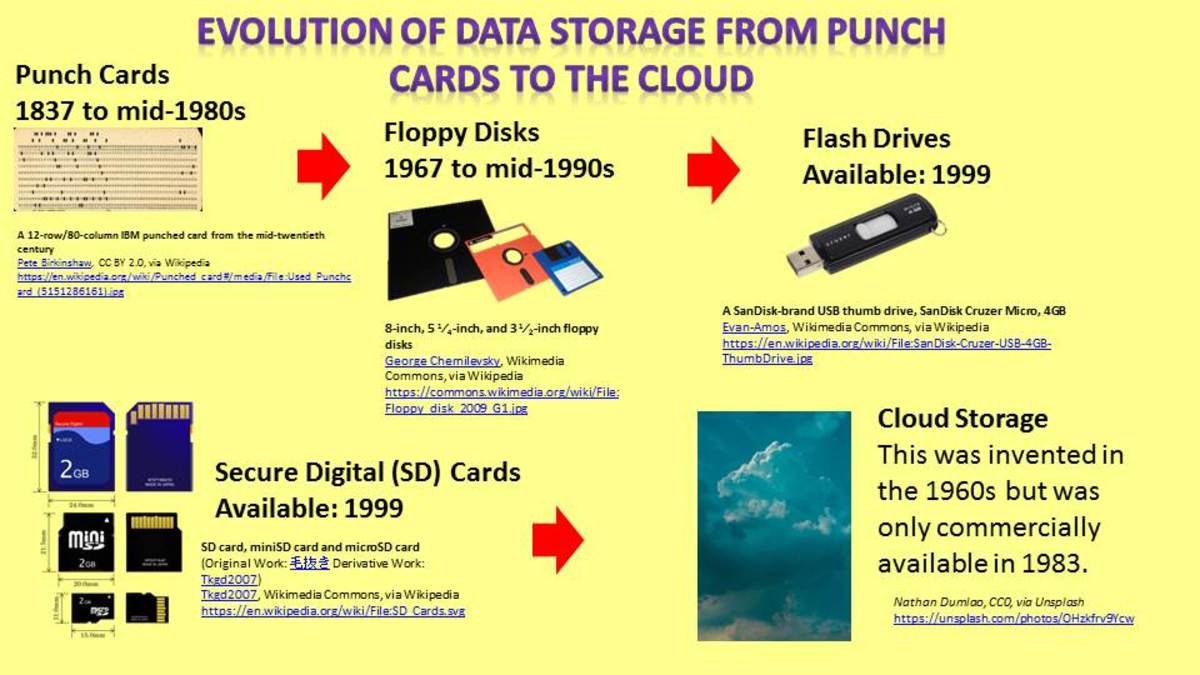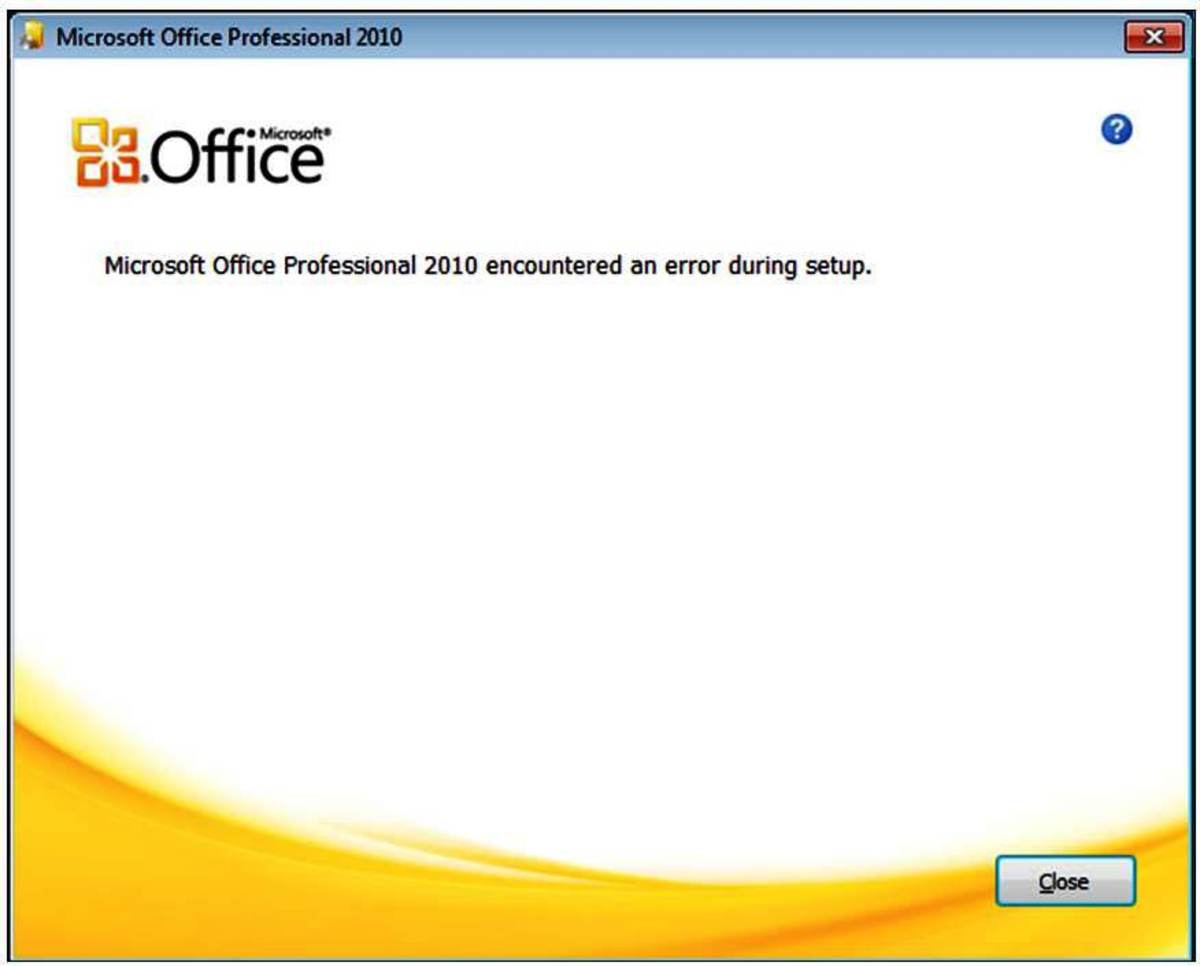Is cloud computing the future for business?

Based on the fact that network diagrams use a cloud icon for the Internet, the term “cloud computing” emerged as an advertising gimmick for Internet-based software. Every business is aware of the impact of being recognized on the World Wide Web, and now came an offer to use it for internal business without having to understand the technical processes involved.
The claim is that the business management would no longer be tied to the ever-growing IT department overhead and the ever-expanding costs of software. But, like all new ideas, the promise is much shinier than the reality. Cloud computing companies are offering more than they can safely supply. The dreamers standing on the edge of technology have a tendency to jump in before that technology has been refined.
Cloud computing offers soup-to-nuts remote management of a company’s computing needs, from back office management to servers to data storage. But probably the most commonly known cloud computing is SaaS (software as a service or on-demand software), introduced by Microsoft. Instead of buying licenses for an application such as Excel, the client only needs Web access. The application runs on the host’s remote servers. Use of the application is on a pay-per-use basis.
Superficially this looks great; no more buying new versions and expensive licenses. Now picture a global company with over a thousand users in each of twenty locations all over the world. This company probably has all the computers in use all business week, which comes out to 800,000 hours of airtime each week. That puts quite a strain on the Web servers as well as the budget, certainly a huge jump from the company’s current software budget. The customer company needs to compare the costs to see if it's as effective to use on-demand software, especially if the vast majority of users are using the same applications.
Cloud computing hosts also offer unique software for specialty work, but this is even more expensive because it needs to be customized to the client’s needs and there is a smaller market.
Security issues abound. How safe is your company’s data from incursion by competitors? No one really knows, and this security is no longer within the control of the client. If the client answers to a federal agency such as the EPA or FDA, the CCP (cloud computing provider) can provide service for these clients, but it’s a hybrid system and even more expensive.
Data storage on a host will demand huge data servers. If you are involved in IT for a large company, you know how data storage can claim rooms of data servers in each site. But at least you and your supporting agencies know where that data is. Every good company has a disaster recovery plan which includes duplicate storage of data, with one duplicate offsite. Are the CCPs doing the same?
There is no regulation in this industry yet, so questions such as trademark infringement, security, data insurance, standards, compatibility, reliability and abuse have not been addressed. Until they are, it would be unwise for a multi-billion-dollar organization to entrust its IT to a CCP. If the CCP goes down, a multitude of companies go down with it.
Nonetheless, there are large organizations such as Amazon.com who are using cloud computing. But they have deep pockets, and as yet do not know how deep those pockets may have to go. It might be a good idea to let them be the test subject for the time being.
Until then, cloud computing, especially the SaaS side of it, is still a viable alternative to small and start-up companies, where their choice of applications is unclear and their use of them is limited. Rather than invest in a lot of software that is only going to be used on evening wrap-up and weekly payroll, cloud computing can offer a viable alternative.
Ó COPYRIGHT 2013: BONNIE-JEAN ROHNER. All rights reserved. This text cannot be reproduced in whole or part without written permission of the author.








